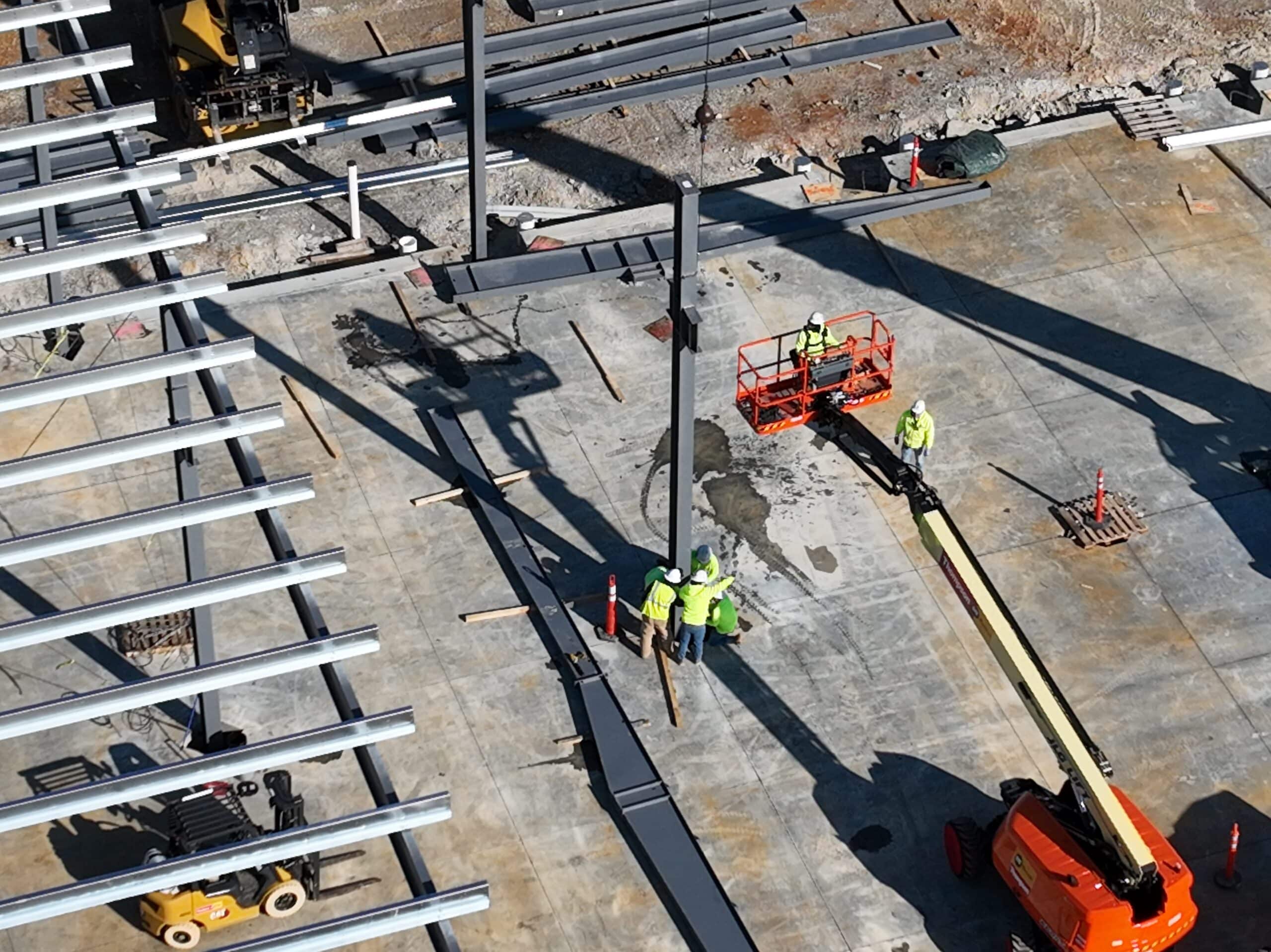Thought Leadership Provided by Kit Ozburn, President
We have all worked with a “Jerry”. While this story is not a reflection of a singular person, it is sadly a reflection of someone we all know, someone we have worked with, or someone we greatly care for. We are sadly working side by side with someone struggling with their mental health right now. We are all familiar with someone who was a hard worker and always showed up to work. And then one day they didn’t. This is Jerry’s and countless other’s story.
For decades, you could count on Jerry. He was steady. Reliable. Always fulfilled his obligations. So, when the lights of his truck didn’t sweep across the gravel parking area and he didn’t walk through the gate that morning, the concern was immediate and deeply personal.
The chest-tightening concern is as fresh today as it was on the day Jerry didn’t show up for work. Unfortunately, this is far too common in the construction industry. We have made tremendous strides in physical safety, protecting workers from the visible hazards that surround every jobsite. But what if the dangers for the industry exist beyond the eight-foot-high chain link enclosing the jobsite? What if the industry’s greatest risk exists unseen in the mental health struggles of the 6 million hardworking women and men who proudly wear high-vis and hard hats every day?
This isn’t just Jerry’s story. Ironically, statistics indicate the jobsite may be the safest place for the industry’s workforce. Beyond the fence, thousands of workers face accumulating stress and carry unseen burdens. Long hours, physical pain, job insecurity, isolation… it adds up. When support systems are lacking, the impact can be devastating.
The construction workforce is 16 times more likely to die from an overdose and 5 times more likely to die by suicide than from a jobsite incident. For too long, mental health has been an unspoken topic in an industry that prides itself on toughness. But the cost of that silence is far too high. A 2020 study from the National Academy of Engineering, Suicide and Mental Health Challenges in the Construction Industry, reports that “83% of construction workers have struggled with mental health issues.” Read those statistics one more time. Think of the people on your team… the ones who show up early, stay late, and keep your projects running strong. Now imagine they were the ones quietly fighting battles no one talks about.
At T.W. Frierson Contractor, we are distinguished by a remarkable passion for people. We realize to truly protect people, we cannot focus only on physical safety, we must care for the whole person. T.W. Frierson is pushing back against this health crisis, assuming a leadership role in this crusade, and investing in a multi-prong approach by establishing a support architecture within the organization.
We take great pride in the relentless pursuit of our Core Purpose Creating a Foundation for People to Thrive. Jerry’s experience encouraged us to look even more closely at what it means for people to thrive. We have recommitted strategies “upstream” to prevent team members from reaching a breaking point and “falling in the river.” Who on your team might be struggling silently?
Available to all employees regardless of role or hourly status, support offerings include:
- Free confidential mental health counseling
- Sabbatical program designed to reduce burnout and promote balance
- On-site chaplain services for emotional and spiritual connection
- Purposeful communication strategies removing the veil and speaking openly about mental health
We cannot stop there. Imagine a jobsite where an aching shoulder is not a dread-filled precursor signaling the early end of a career, but recognized as a signal, an opportunity to step in with care and support. Imagine a team where mental health worries are not stuffed away in a toxic toolbox to detonate another day, but rather are met with professional resources ready to shoulder the load together. These steps are worth celebrating, but at T.W. Frierson, we know there’s always more we can do.
“There comes a point where we need to stop just pulling people out of the river. We need to go upstream and find out why they are falling in.”
-Desmond Tutu, Archbishop Emeritus
Can you imagine leading-indicators that exist upstream and prevent members of our industry from entering these challenges rather than reacting to the incidents? Imagine an organizational strategic plan that includes mental health critical numbers with annual initiatives accountable for action. Imagine a corporate culture that celebrates team members’ raising their hands to the bench to call out of the game for a rest.
We are responding to this crisis by bringing the issues surrounding mental health into the light. Since opening this conversation, I have had the privilege of connecting with many individuals who have bravely fought a mental health issue from a place of solitude and loneliness, and have moved into an environment of trust and support. Jerry’s unexpected absence could be more than a wakeup call- it could be a turning point and call to action for your team.
Thankfully this time, Jerry’s story did not end in tragedy. Thanks to the support of his teammates and available resources, he experienced a beautiful redemption in his personal life with his well-being graciously restored. But not every story ends this way, and that’s the hard truth our industry must confront.
I wish we had started on this journey sooner, long before Jerry didn’t show up for work. Every company has the power to transform their workplace culture from one of silence to one of support. By taking these steps, we not only protect our workforce – we strengthen our entire industry. Let’s build a future where mental health conversations are as natural as discussing physical safety protocols. Your actions today could save lives tomorrow. I hope you will join us on this vital journey of transformation into a more compassionate industry.

